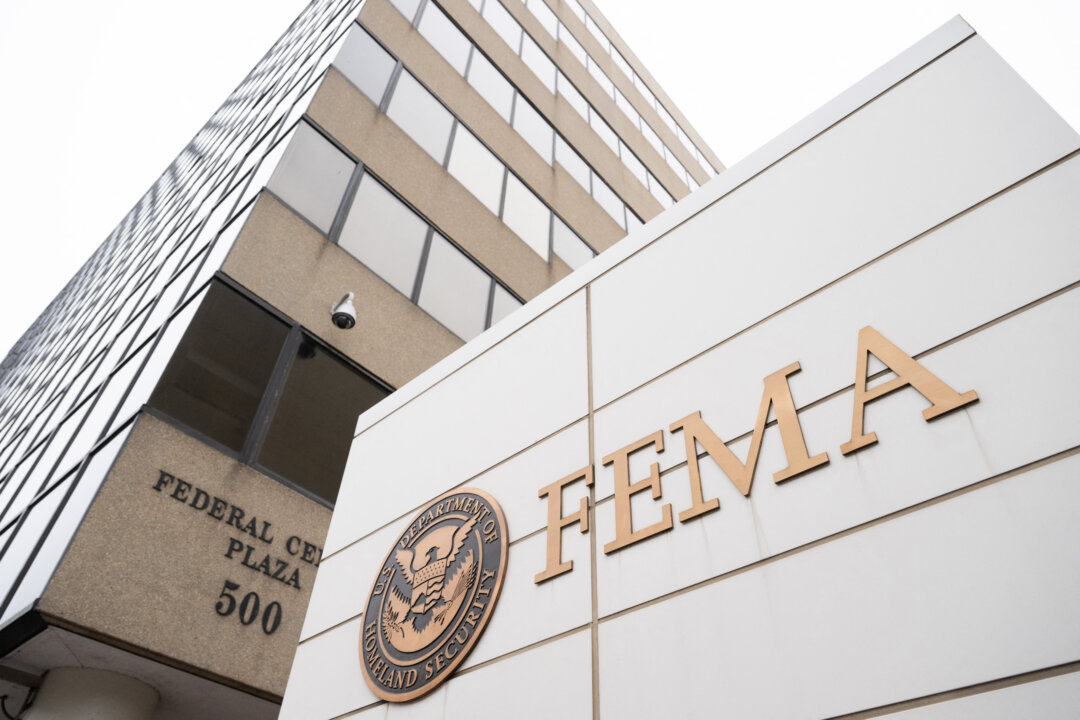Play VideoThe Chancellor is in Washington where she’s limbering up to lock horns with the self-styled Master of the Deal, US President Donald Trump. On the agenda: cars, chicken and tech taxes. So, do we fancy her chances? Rachel Reeves has a busy couple of days in Washington where she’s participating in the IMF’s annual summit of finance ministers.
She’ll also take the opportunity to try and get a US-UK trade deal over the line. Let’s take the IMF first, after the international body slashed global growth forecasts in the wake of Trump’s tariff chaos. While they remain on the more optimistic side of economic forecasts they’ve still slashed their expectations of global growth from 2.

7 per cent to 1.8 per cent as they warn of a “significant slowdown” in the world economy.The IMF also cut its UK growth forecast from 1.
6 per cent to 1.1 per cent – a chunky downgrade though still higher than many other economists are predicting. More worryingly, the IMF’s economists expect the UK to take the crown for having the highest rate of inflation among the world’s advanced economies, at 3.
1 per cent this year largely due to higher bills. The IMF also made it clear that their downgrade to the UK economy has more to do with domestic policy choices than the fallout from Trump’s trade war. As she huddles with other finance ministers the Chancellor may take some comfort from the fact that our allies are facing similar economic challenges, but she shouldn’t kid herself.
The UK economy is in a pretty poor state and much of the blame for that lies with the Chancellor and with this government. Our public finances are in a dangerously weak position, buckling under the combination of low growth, high inflation and depressed business confidence. The latest data this week revealed that UK annual borrowing has overshot official forecasts by £15bn, coming in at a cool £151bn in the year ending March 2025, up £20bn on the previous financial year.
Much of this is attributed to a splurge in government borrowing just last month.This makes the Chancellor’s “ironclad” fiscal rules even more challenging, and it means more and more economists now expect a fresh wave of tax rises in the Autumn budget, with VAT and even income tax being discussed.The government pledged during the election campaign, and ministers including the Chancellor have pledged many times since, including recently, that they wouldn’t touch VAT or income tax.
So could they really reach for these levers 6 months from now? Well, they could, just not with this Chancellor still in post. We shouldn’t rule out a change at the Treasury between now and the Budget.But let’s stick with the present, and the prospects of a US-UK deal.
God knows the Chancellor could do with a win, and she’s saying the right things in Washington. She said yesterday she believes in free trade and she wants to see tariff and non tariff barriers reduced between the UK and the US. Well so do I, so should we all, and fingers crossed a deal emerges.
But what would it look like? Well the talk is that the UK is prepared to cut our own tariffs on US car imports – so if you’ve ever fancied driving an oversized top heavy SUV that risks rolling over on corners, stay tuned – they might be about to get cheaper. Currently we impose a tariff of 10 per cent on US car imports – yes that’s right, we did tariffs, too – and reports suggest the government might reduce that to 2.5 per cent in a bid to persuade the US to cut the new 25 per cent levy it’s imposed on imports of UK cars.
Don’t forget the US is the largest export market for cars made in Britain so there’s a lot at stake here.Speaking of which, beef is on the table – along with chicken, though not the chlorinated kind, with the UK prepared to reduce the current 12 per cent tariff it imposes on US agricultural products. It seems that through the chaos of Trump’s tariff tantrum, small paths are opening up that could in fact reduce trade friction in certain areas between certain countries.
That’s the good news.The bad news is that even if the UK strikes its own deal, we’ll still be hit hard by the inevitable slowdown in global growth and the increase in friction and disruption in global trade – that’s according to Bank of England governor Andrew Bailey, who warned yesterday that because the UK economy is so globally-connected there’s simply no way of shielding ourselves from global economic shocks. All of which brings us back to the mess ministers have made of the UK economy; taxing jobs, increasing regulations, imposing new costs – these are precisely the kind of policies you simply would not do if you were serious about growth.
So, while I wish the Chancellor well and sincerely hope she negotiates some trade-boosting terms with the US, we shouldn’t be fooled that this emergency mercy mission constitutes anything more than a sticking plaster. Meanwhile, the UK economy needs some life-saving surgery, fast. We’re unlikely to get it from this government which, despite some bold and welcome moves on longterm growth – through planning and infrastructure reform – has set us on a course of maximum damage with the prospect of more pain to come.
.
Politics

Week in Business: Why a UK-US trade deal won’t save the British economy

The Chancellor's emergency mercy mission to the US could pay off, but it won't be enough to reverse the damage she's already done to the UK economy.















